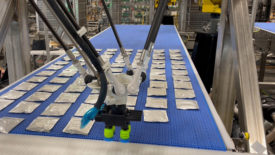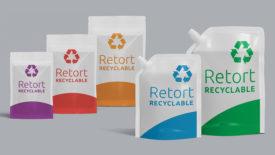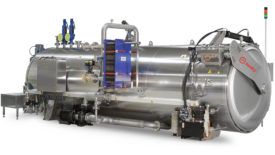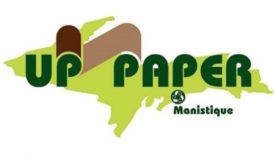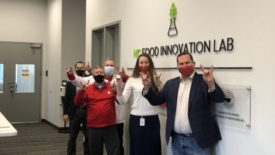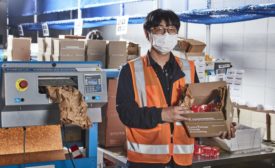Home » eco-friendly packaging
Articles Tagged with ''eco-friendly packaging''
Retort Packaging
Retort Packaging gets Eco-Friendlier
Retort packaging builds its green credentials via recyclable retortable pouches and new machinery that reduces energy consumption and therefore carbon footprints.
April 29, 2024
Retort Technologies
SNA to present its exclusive Continuous Sterilizer solution at PACK EXPO East
March 5, 2024
Mergers & Acquisitions
Packaging materials startup DisSolves to be acquired by investment fund
January 31, 2024
2024 Packaging Industry Outlook
It’s Time for Packaging Companies to Prepare for EPR Mandates
December 26, 2023
Keep the info flowing with our eNewsletters!
Get the latest industry updates tailored your way.
JOIN TODAY!Copyright ©2025. All Rights Reserved BNP Media.
Design, CMS, Hosting & Web Development :: ePublishing

